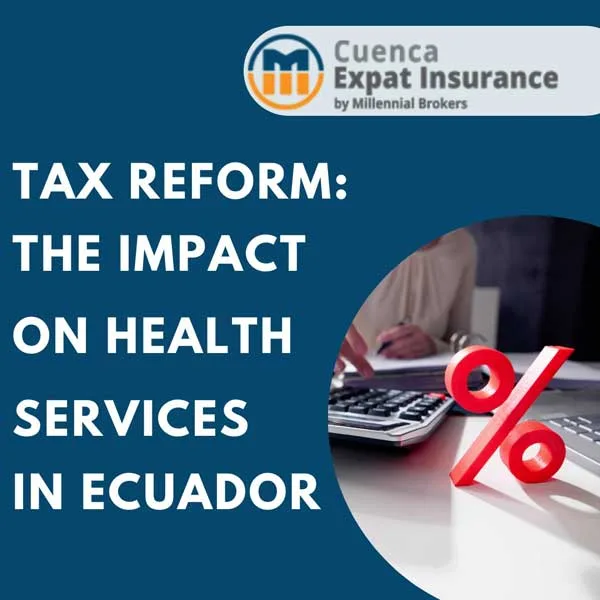Do eggs increase your cholesterol? It depends
By Melissa Erickson
Whether eggs are good or bad for you cholesterol often depends on what you eat with them.
 With six grams of protein, vitamins and nutrients yet no sugar or carbs, are an affordable wonder food. On the other hand, eggs are naturally high in cholesterol.
With six grams of protein, vitamins and nutrients yet no sugar or carbs, are an affordable wonder food. On the other hand, eggs are naturally high in cholesterol.
“As with any other food, a person’s egg intake should not be viewed in isolation, but rather as a part of a person’s diet and lifestyle,” says clinical dietician Aidan Gilmore of University of Iowa Hospitals and Clinics.
Eggs are an inexpensive source of high-quality protein and other essential nutrients, including:
- Vitamin D, which is important for bone and immune health
- Choline, which is important for brain function and memory
- Unsaturated, heart-healthy fats
- Lutein and zeaxanthin, which are important for vision and may help decrease the risk of developing age-related mascular degeneration and cataracts.
“Another benefit of eggs is that they require minimal cooking time and skills, and are soft and easy to chew,” Gilmore says. “Often, as people age, meat becomes tougher to chew, swallow and digest and intake crops. Substituting eggs can make up for that decrease in protein intake.”
 Eggs often get a bad rap due to previous guidelines recommending limiting dietary cholesterol to a certain number, Gilmore says. Earlier studies found a link between eating eggs and heart disease but more recent research take a wider look at the entire meal plate as well as how eggs are cooked, such as if they are fried in butter.
Eggs often get a bad rap due to previous guidelines recommending limiting dietary cholesterol to a certain number, Gilmore says. Earlier studies found a link between eating eggs and heart disease but more recent research take a wider look at the entire meal plate as well as how eggs are cooked, such as if they are fried in butter.
“Current guidelines recognize the lack of scientific evidence to support putting a defined limit on dietary cholesterol intake, which means that eggs can be enjoyed as a part of a healthy diet,” Gilmore says.
The data is mixed when considering whether eggs are good or bad for your cholesterol level,” he said.
“The majority of observational studies have found a significant association between dietary cholesterol and cardiovascular disease, stroke and heart attack. Some studies have found an increase in cardiovascular disease risk, especially in those with diabetes. Most cholesterol-containing foods are high in saturated fat, which is generally considered less heart healthy. That being said, studies investigating an individual food or nutrient are difficult give a food or nutrient doesn’t exist in isolation,” Gilmore says.
For most people, dietary cholesterol intake – and therefore egg intake – does not affect blood cholesterol numbers, he said.
“A smaller percentage of people may see a small increase in total cholesterol and LDL, or ‘bad’ cholesterol. Eating eggs may slightly increase HDL, or ‘good’ cholesterol,” Gilmore says.
Most healthy people can eat an egg a day without increasing health risks but the determination depend on many factors and what other foods a person is eating.
“One egg a day as a part of a healthy diet which includes plenty of fruits and vegetables, who grains and other lean proteins would be a sensible approach,” Gilmore says. “If someone doesn’t eat meat or their diet is otherwise low in saturated fats, they may be able to reasonably include more eggs in their diet than a person who is eating meat.”
Egg whites provide protein without cholesterol but at the cost of other nutrients.
“In addition, the fat in egg yolks can help someone feel fuller and more satisfied at a meal compared to just eating egg whites,” Gilmore said.
____________________
Credit: USA Today


















